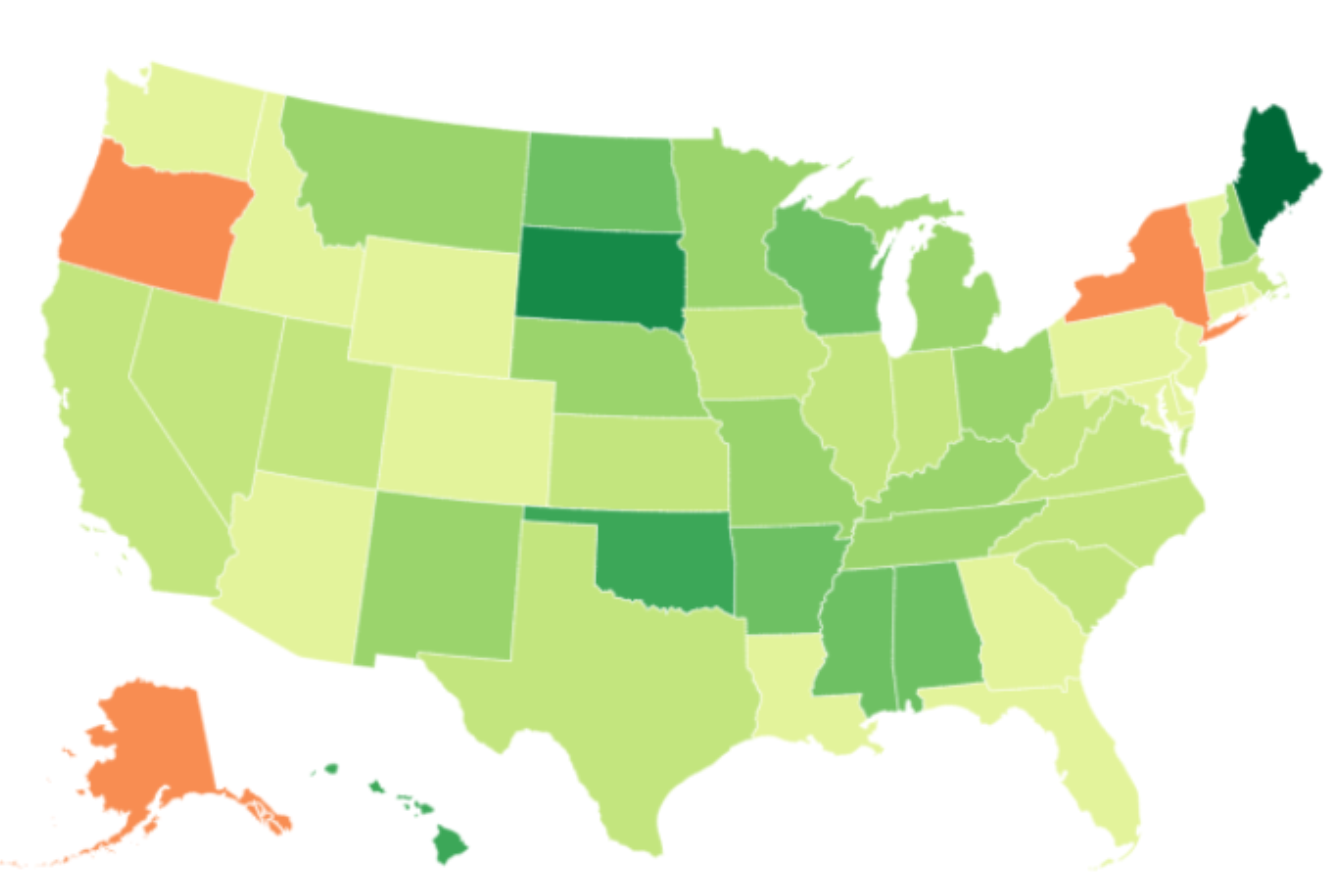- Financial Maverick
- Posts
- Panic Selling, Spending Money, and The 50-30-20 Rule
Panic Selling, Spending Money, and The 50-30-20 Rule
How to be better with your money — one month at a time
Good afternoon, it’s Wednesday May 15. We're covering surprising money rules for financial success, the 50-30-20 rule, the horse realtor, and much more.
First time reading? Sign up here.
Stock Market Update
Market Performance: May 14, 2024.
Stocks rose Tuesday following the release of fresh U.S. economic data, while investors waited for another key inflation report. The Nasdaq Composite gained 0.75% and notched a fresh closing record of 16,511.18. The Dow Jones Industrial Average added 126.60 points, or 0.32%, to end at 39,558.11. The S&P 500 added 0.48%, closing at 5,246.68.
The producer price index reading for April came in above estimates, putting a damper on expectations that the Federal Reserve would begin cutting rates later this year.
The PPI gained 0.5% from the prior month, higher than the 0.3% that economists polled by Dow Jones had anticipated.
Financial Maverick Insights
Surprising Money Rules for Financial Success
You’ve probably heard common financial advice like keeping a budget and trying not to spend more than you make. But other tips that can help you save a lot of money and create a financially healthy life aren't as well-known. From daily hacks to long-term tips, we talked to financial experts about not-so-obvious money advice they follow.
Here’s what to know:
Sometimes you have to spend more to save more
A low price on a lousy product is actually a terrible deal because you will end up spending more, in the long run, to replace cheaply made items that break easily. Focus on quality and spend more if it means it will last.” Woroch tries to save on quality merchandise by shopping second-hand for name brands. For big-ticket items, take advantage of retail sales events (like Amazon Prime Day) and buying seasonal items (like patio furniture and winter clothing) at the end of the season.
Don’t be too restrictive with your budget, and don’t try to change it all at once
Although a detailed budget keeps you on track to meet your financial goals, one that is too restrictive will actually backfire quickly due to burnout. Instead, make a few small changes to your spending and savings habits — and then building on these once they become routine. Find other ways to cut down on spending, like canceling unused subscriptions and unplugging gadgets to decrease energy bills.
Beware of convenient methods of payment, like auto-renew
Create a shopping list before going into a store or buying items online. For online shopping, set aside a specific time once a week to make purchases. When reviewing your list, ask yourself: Do I really need this? Is there a tangible moment when I know I’ll use this? Just making the list will give you time to reflect on whether the purchase is worthwhile. For subscriptions, it can be easy to forget ones set to “auto-renew.” Do a “subscription cleanse” periodically, reviewing all your subscriptions and canceling the ones you’re no longer using.
Automate saving money instead of letting it sit in your checking account
You should automate everything you can about saving so that you don’t have to make a conscious decision to do it. Making regular transfers to a high-yield savings account can help you build an emergency fund without feeling the pain of writing a check. If you work for a company that offers a 401(k) plan, it’s ideal to sign up for the full employer match.
New graduates should learn the 50-30-20 rule
As college seniors prepare to graduate and head out on their own, they may find it difficult to make ends meet financially.
The average rent in Chicago is over $1,800, more that 20% higher than the national average. CEO of Wealth Management Group Craig Bolanos joined ABC7 Chicago to share essential money tips for new grads.
To help graduates balance social life and essential spending needs Bolanos recommends the 50-30-20 strategy.
Where 50% of their paycheck goes to essentials, including rent, groceries, transportation, etc. Twenty percent goes toward a savings account or into investing.
The last 30% of their paycheck goes toward nonessential expenses. Student loan payments fall into the 50% of their budget.
Bolanos recommends making additional principal payments toward the debt from the 20% budget. Bolanos added that the early graduates start thinking about retirement the better. He suggests immediately enrolling into their job's retirement saving account, or looking into a Roth IRA.
Real Estate News
Personal Finance Tips
Alternative Investing
Do you think investing billions will boost AI presence? |
Reach Over 100,000 Financial Mavericks
Advertise with Financial Maverick to get your brand in front of the Financial Gurus in the world. The Mavericks are high-income and highly knowledge people who are always looking for an interesting product or tool.
Calling all Financial Mavericks! To help out a family and friend in need by sharing this newsletter. Tell you what if you ever wanted to be a Hero, Financial Guru, or a Nice Person this is your time!
DISCLAIMER: None of this is financial advice. This newsletter is strictly educational and is not investment advice or a solicitation to buy or sell any assets or to make any financial decisions. Please be careful and do your own research.








